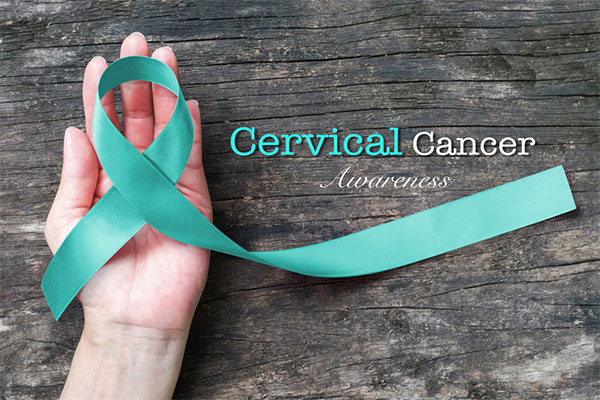By Nadia Ramlagan
Public News Service
January is Cervical Health Awareness Month and health experts said they are concerned about the growing number of cervical cancer diagnoses nationwide.
Kentucky already has the highest rate of cervical cancer in the U.S., with the state’s Appalachian region having cases at twice the national rate.

By the end of 2023, an estimated 13,960 women in the United States will be diagnosed with cervical cancer and 4,310 will die from it, according to the American Cancer Society. (Graphic from CDC)
Rebecca Gibran, CEO of Planned Parenthood in Kentucky, said cervical cancer takes years to develop, and can be prevented easily with regular screenings for early detection and with the HPV vaccine. Middle-aged patients who missed early detection are at highest risk.
“Older women are more vulnerable,” Gibran explained. “I think the reason is this age group in particular may not have received the recommended number of screening tests with normal results before they stopped having Pap smears.”
Studies have shown women ages 40-44 who live in the south are less likely to be vaccinated against HPV or screened for cervical cancer, and also comprise the demographic who did not have access to the vaccine during adolescence. The American Cancer Society estimated in 2023, more than 4,000 women died from cervical cancer nationwide.
Infection with HPV is the single greatest risk factor for cervical cancer. It is estimated more than 90% of cervical cancer cases are caused by HPV each year. Gibran encouraged Kentuckians to prioritize their reproductive health in the new year. She added regional Planned Parenthood Health Centers offer PAP exams and more.
“We often are the only provider of affordable reproductive health care or the only provider that offers specialized care,” Gibran pointed out. “We want folks to take control of their health care and get their annual wellness visit, get their HPV test, young people get your HPV vaccine.”
The Centers for Disease Control and Prevention recommends the HPV vaccine for children ages 11 and 12, but adults up to age 45 can also receive their shot. Condom use has been shown to help lower the chances of spreading HPV.
















